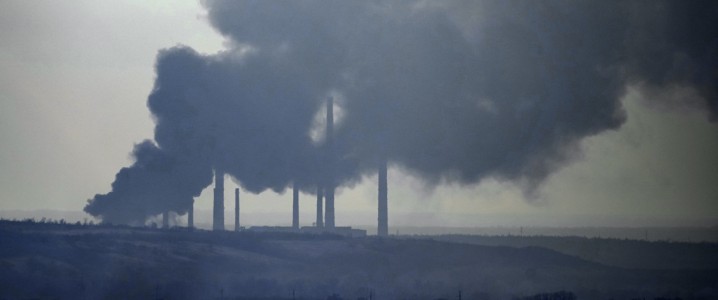Oil prices took the bumpy road upwards today, proving once again that global crude markets lack stability. West Texas Intermediate (WTI) climbed to $70.17 per barrel, up a decent $1.42 (2.07%) from yesterday’s close, while Brent crude cruised to $74.29, up $1.48 (2.03%).
Today’s culprit? The ever-escalating Russia-Ukraine conflict. Oil traders are once again pricing in potential supply disruptions after Russia flexed its military muscles with hypersonic missile strikes on Ukraine after the latter fired U.S. and British-provided missiles into Russian territory earlier in the week.
It’s not exactly the peaceful resolution everyone was hoping for, and markets took notice.
Analysts are warning that a Ukraine strike could potentially hit Russian energy infrastructure or trigger a Russian retaliation that could restrict oil production or exports. With Russia the world’s second-largest crude exporter, even just the threat of a production hiccup makes traders jittery.
OPEC+, of which Russia is a member, is considering postponing output hikes planned for December—in what would certainly lend further support to crude prices. Meanwhile, China is throwing in its own curveball with fresh policies aimed at boosting trade and energy imports.
Not everything was bullish, though. U.S. crude inventories rose by 545,000 barrels last week, according to EIA weekly data—a surprise for analysts who were expecting a smaller build. Gasoline stocks also climbed in a weak show for demand, and Iran agreed to stop stockpiling uranium, turning the tension down in that region at least one or two notches.
The price moves put most oil traders somewhere between “mildly optimistic” and “nervously clutching their Bloomberg terminals.” With geopolitics keeping supply tight and demand signals sending mixed messages, analysts are generally expecting the volatility to stay put. The International Energy Agency, however, has renewed its bearish call for global oil supplies to comfortably exceed demand next year.

